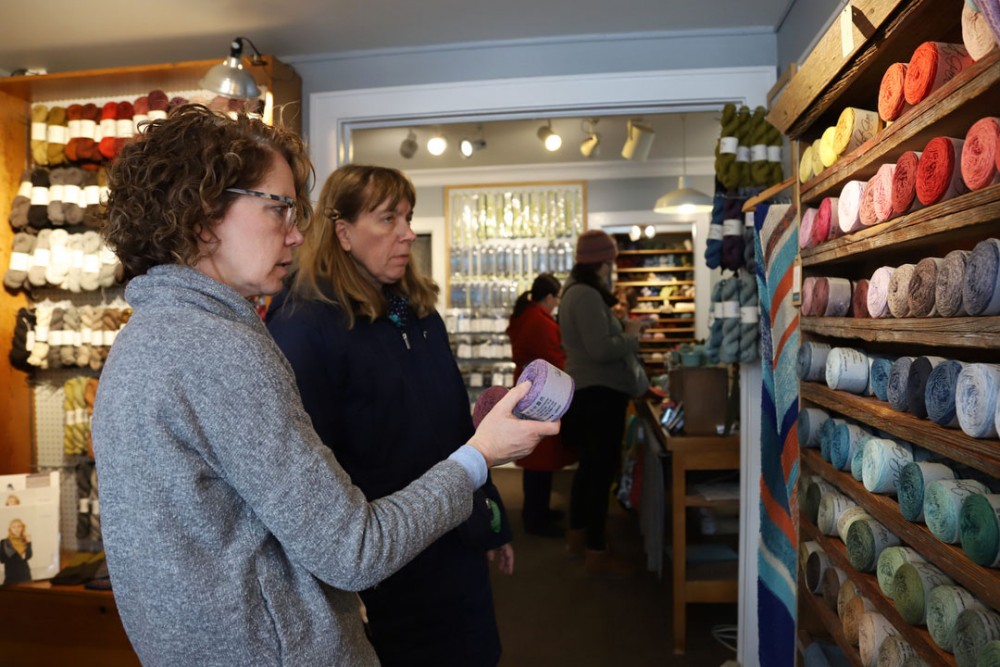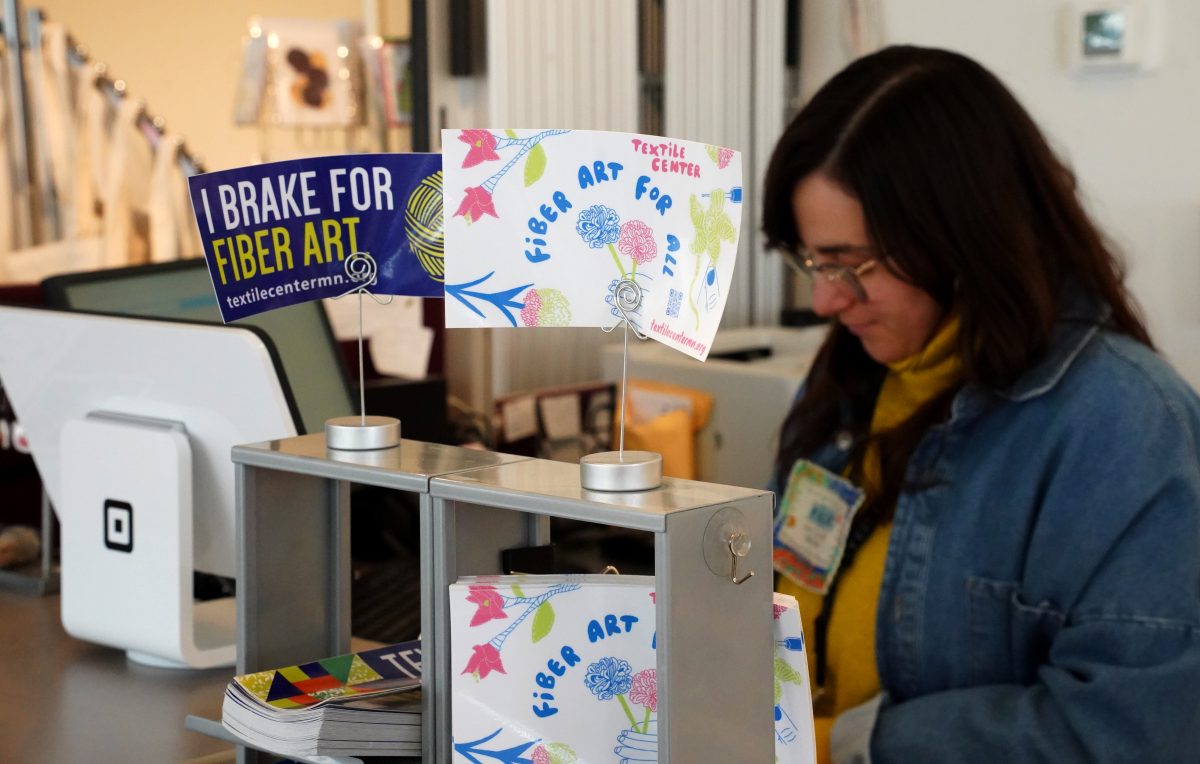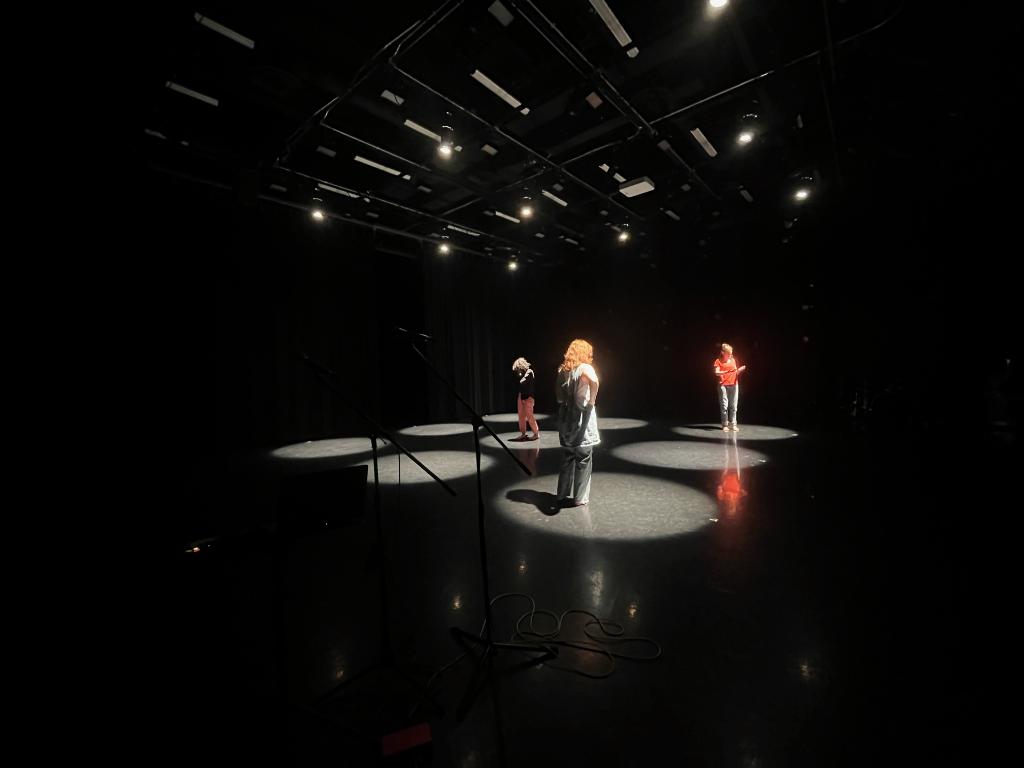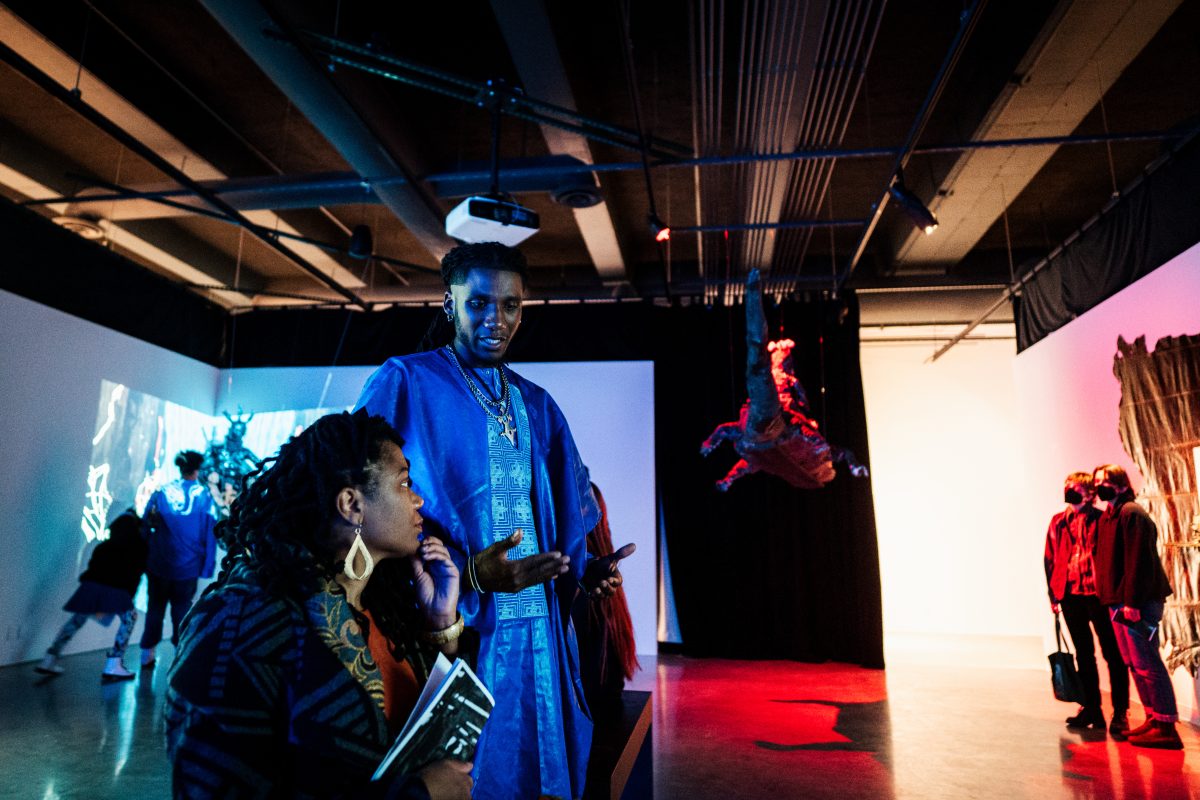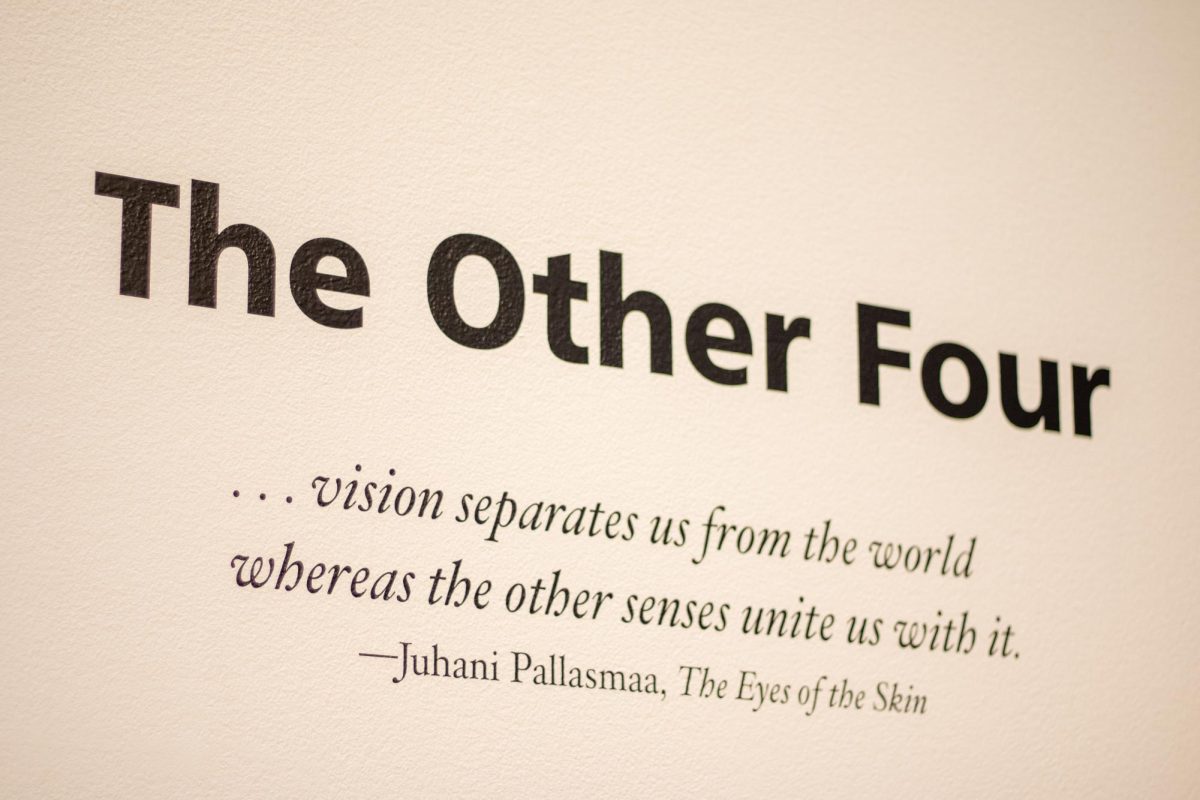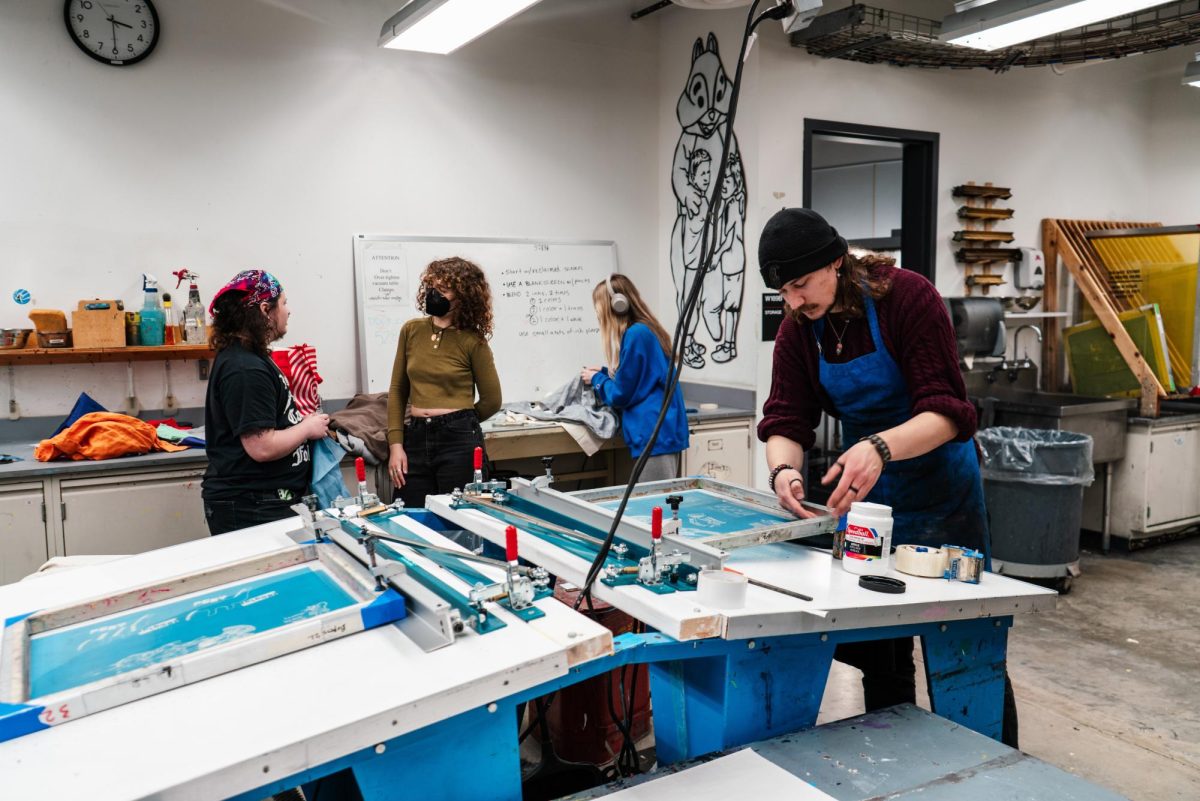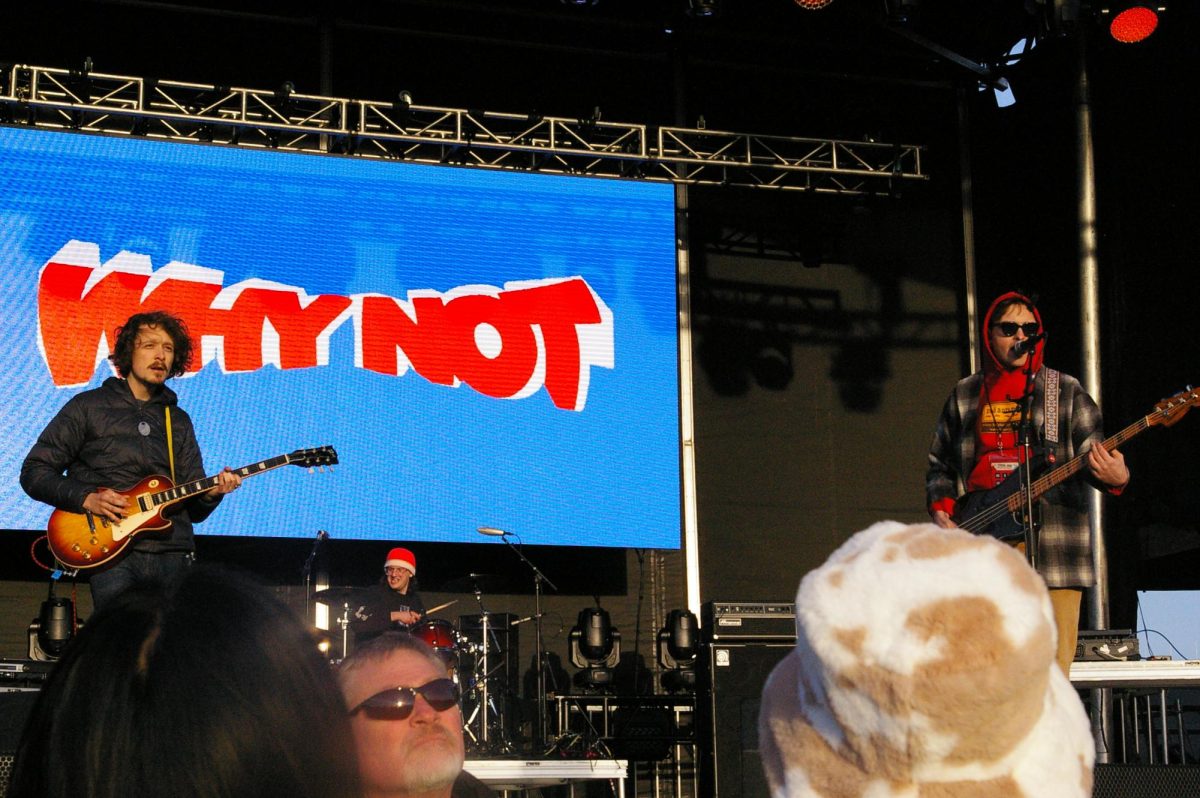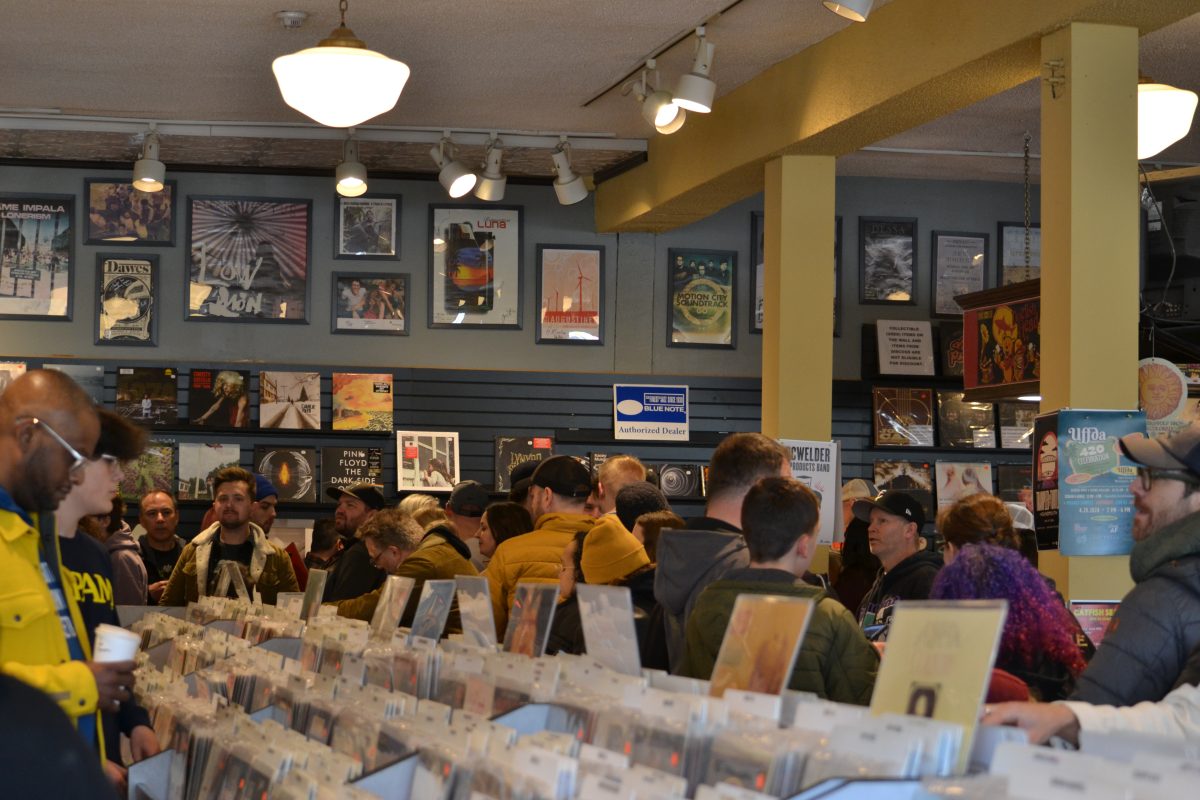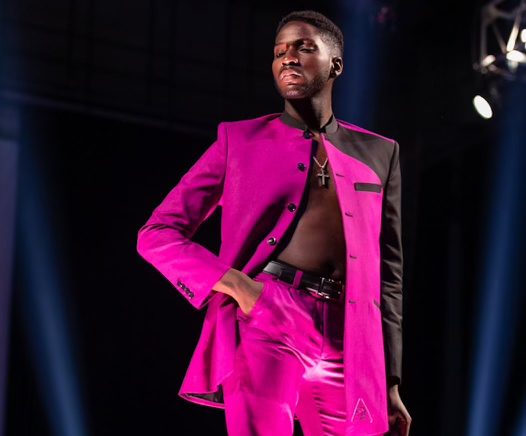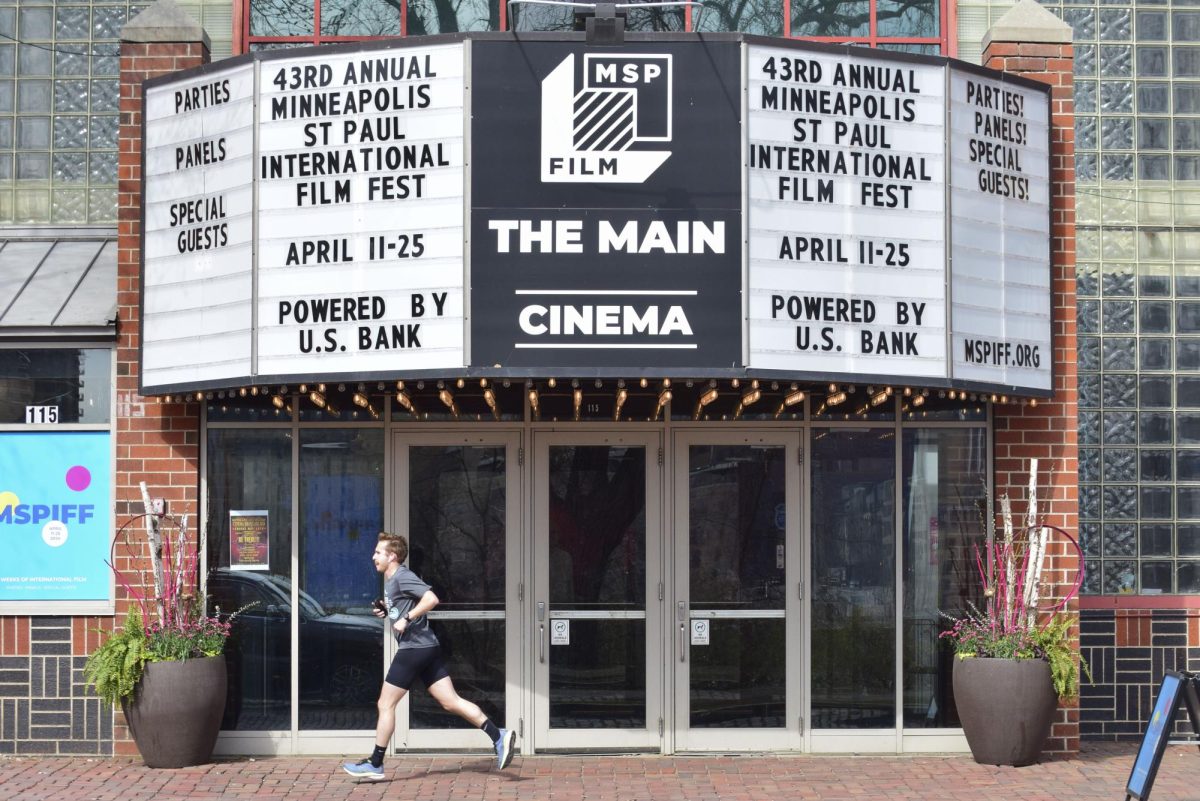Karen Templer’s blog post appeared to be the tipping point.
On Jan. 7, the influential knitter blogged about a planned trip to India, describing it as part of her new “year of color.”
The post sparked outrage in the knitting community, especially among POC knitters who were offended by her word choice and likening of the trip to a “flight to Mars.”
The stereotype of knitters as older white ladies is still strong, which may explain why some people outside the knitting community were taken aback by the outcry.
The hashtag #diversknitty that emerged after Templer’s post has been used over ten thousand times, with hundreds of POC knitters from around the country sharing their experiences with racism online.
Many POC knitters said they are often assumed to be inexperienced by staff in knitting stores. Some are followed around while they shop or ignored altogether.
Others highlighted the lack of representation in knitting catalogs, as well as the lack of designs made by people of color in shops.
In light of the post, some Twin Cities knitting groups and stores are reconsidering their inclusion practices.
The Yarnery, a knitting shop in St. Paul, has been especially vocal in the conversation, something customer Jeanne Burns, a member of the Minnesota Knitters Guild, respects.
Burns said The Yarnery is taking note of yarn producers who do not engage in the discussion of race and racism in the knitting community. The store seeks to fill their shelves with more outspoken companies that reflect their values.
“To me, that is powerful and also risky,” Burns said. “As a [small] business owner, you risk offending and alienating people [who] don’t support that. I want to support businesses that do the work and take the risk and say, ‘This is not okay to us.’”

Hoping to lead by example, The Yarnery is working to supply more yarn and knitting patterns from producers of color and foster community dialogue with weekly knit nights.
No conversation topic is off-limits at these events, which is a contrast to some groups that seek to “stick to their knitting” and leave conversations involving race or politics at the door, said Scott Rohr, co-owner of The Yarnery.
Annie Chen, a member of local black-led knitting collective The Yarn Mission, said separating politics from her craft is impossible.
“I think it’s a benefit of white privilege to be like, ‘We’re just going to stick to our knitting, we’re not going to bring politics into it,’” Chen said. “Because for me, I see my whole life as political. I see my knitting as political. My work and how I choose to move in the world is political. So [it’s a] privilege to … only want to talk about knitting.”
CheyOnna Sewell, an activist and founder of The Yarn Mission, said she has always seen knitting as more than a hobby.
For her, knitting became a way to raise money and keep her fellow protesters warm during political rallies. As more of her friends became interested in the craft, The Yarn Mission grew into a community centered in black empowerment.
“I see us as a part of the connecting force,” Sewell said. “I want us to activate people and bring people together and serve people.”
The group wants to be conscious about the yarn they use and provide economic access to materials and classes, which can be expensive.
Knitting in public places like coffee shops or Midtown Global Market, the group draws in people who may not have known about the chapter on their own, said member Lauren Buchanan.
People of color who have spoken out in the #diversknitty movement have faced criticism from some white knitters who say the discussion is over-exaggerated and fosters unnecessary drama.
“Suggesting that forms of oppression can be reduced to ‘drama’ is antagonistic,” Sewell rebutted. “[This discussion is] not different than what we see outside [the knitting community too].”
Although Buchanan noted some white-owned yarn stores have taken steps to acknowledge their biases, some lack a diverse staff or the tools necessary to have discussions about race among staffers.
This can make it difficult to bring in customers of color and advertise inclusive knit nights in places where people of color will see them.
She says there’s a lot of work to be done.
“We’re not naive to think that everybody sits and knits and the world’s going to be a perfect place … but I do think it’s easier to have civil discourse when you are all engaged in a craft together,” Rohr said. “‘Stick to your knitting’ is a really bad idea. Let’s use knitting to actually break some things apart. That’s a better way to go.”










